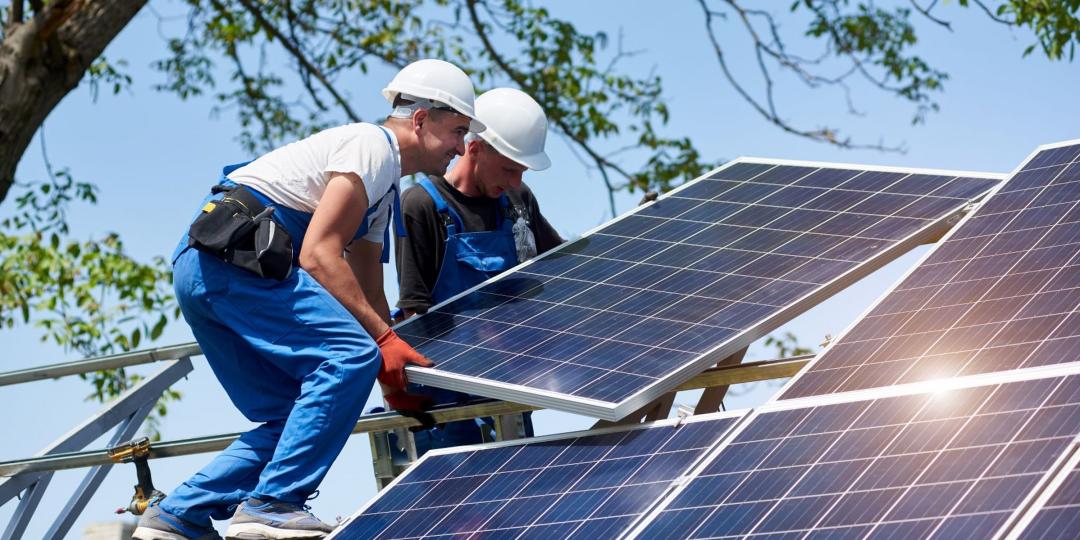Environmental Impact Assessment applications for 9 789 megawatts of renewable energy are presently being processed by the Department of Forestry, Fisheries and the Environment (DFFE), Minister Barbara Creecy told parliament on Friday.
This is made up of 2 899 MW for solar PV and 6 890 for wind energy facilities, and many of these applications include battery energy storage systems and associated transmission and distribution infrastructure.
“We are working hard to cut the red tape and get these projects finalised and, in this regard, we have reduced our decision-making timeframes from 107 days to 57 days,” Creecy told parliament during the DFFE’s budget vote.
In addition, 15 applications relating to transmission and distribution infrastructure are being prioritised.
However, Creecy said grid capacity was a major constraint to scaling up energy transition.
“Grid capacity is a national priority to solve, not only for our transition needs but also for our short-term emergency to solve load-shedding.”
Referring to recent concerns about the delays in decommissioning ageing coal-fired power stations as a means of addressing load-shedding, she said the country must battle both load-shedding and climate change.
“It is not a one or the other decision.”
Creecy added that carbon budget regulations were being developed to address the submission and processing of industry climate change mitigation plans, considering the 6th Assessment Report of the Intergovernmental Panel on Climate Change that showed the world had warmed at an unprecedented level. Regulations for implementing and enforcing priority area air quality management plans have also been published for public comment.
On the management of the Isimangaliso Wetland Park, she said a new Estuarine Management Plan was expected to be completed by August. A panel of environmental consultants has been appointed to conduct an environmental assessment related to the back-flooding of farmlands. It is estimated that the basic assessment and public consultation process will be finalised in 90 days.
Creecy said her department was also in the final stretch of completing 1 213 appeals against the decisions of authorities across nine fishing sectors in the 2021/22 Fishing Rights Allocation Process. All appeal decisions will be finalised by October 30.
She added that the allocation of small-scale fishing rights for the Western Cape had been rerun, and the department was now finalising the appeals process to complete the allocation of 15-year fishing rights. This will enable a further 3 500 declared traditional small-scale fishers to directly participate in the ocean economy.













